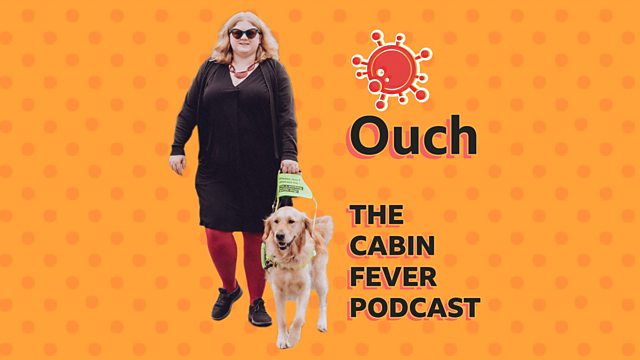βMy harassment got worse when I picked up my white caneβ
Why are disabled women so much more likely to experience harassment?
Warning: This podcast discusses sexual harassment and assault, so there is occasionally some graphic content.
When Dr Amy Kavanagh started using a white cane, she realised she was being sexually harassed far more frequently than when she wasnβt βvisiblyβ disabled.
By 2018, the visually impaired activist decided sheβd had enough and started the #JustAskDontGrab campaign on social media. It encourages the public to ask disabled people whether they actually need help, rather than just assuming and diving in β sometimes inappropriately.
Itβs something freelance journalist Melissa Parker and inclusion specialist Roxanne Steel, who both have cerebral palsy, can relate to. Melissa has been inappropriately touched in a nightclub under the guise of being βhelpedβ with her bra strap, while Roxanne changed the way she dressed to try and protect herself from unwanted advances.
This ties in with the figures - according to the Office for National Statistics, between March 2015 and 2018 disabled women were almost twice as likely to be sexually assaulted (5.7%) compared with non-disabled women (3.0%):
If you, or someone you know, have been affected by sexual or street harassment, the organisations listed on the link below may be able to help. If you are in immediate danger, you should dial 999.
Presented by Keiligh Baker.
Visit the ΒιΆΉΤΌΕΔ Action Line page for Information and Support on Sexual Abuse and Violence for more help and support
Podcast
Get the latest episodes of the Access All podcast the moment a new episode goes live!
Podcast
-
![]()
Access All: Disability News and Mental Health
Weekly podcast about mental health, wellbeing and disabled people.


